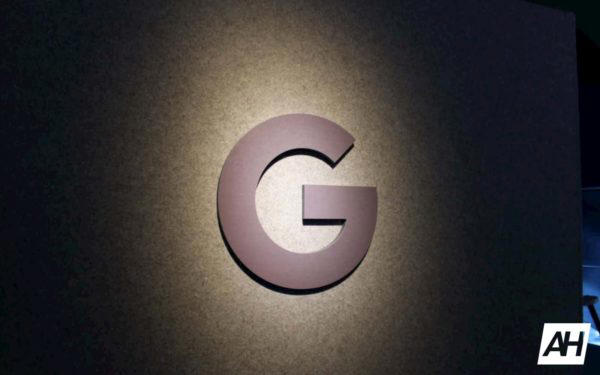Google’s search generative experience (SGE), introduced last May, has raised concerns among publishers about its potential impact on ad revenue. This AI tool, designed to provide text-based responses to Google searches, could potentially divert users away from visiting publishers’ websites, leading to significant revenue losses.
A study conducted by Raptive estimates that Google SGE has the potential to cost publishers up to $2 billion in ad revenue. The crux of the issue lies in the way SGE operates: instead of displaying relevant websites at the top of search results, Google generates text-based responses directly within the search interface.
This bypassing of traditional website navigation means that users can access information without visiting publishers’ sites, thus depriving them of the ad revenue typically generated through website traffic. With users obtaining answers directly from Google’s generated responses, publishers face the prospect of diminished traffic and ad revenue.
The concern among publishers is understandable, as ad revenue is a critical source of income for many. The prospect of losing billions of dollars in revenue underscores the significant impact that Google SGE could have on the publishing industry.
As publishers grapple with the implications of Google SGE, they may need to explore alternative strategies to mitigate revenue losses. This could involve diversifying revenue streams, optimizing content for search engine visibility, or even advocating for changes to Google’s search algorithms to ensure a fairer distribution of traffic and revenue.
Google SGE could cost publishers billions of dollars
Raptive, the company responsible for ad sales for prominent publishers like Mac Rumors, Stereogum, and Half Baked Harvest, has conducted extensive studies on the potential impact of Google SGE on publishers’ search traffic and ad revenue. According to their research, Google SGE could lead to a significant decline in search traffic for most publication sites, ranging from 20% to 60%. Such a substantial drop in traffic would have profound implications for these companies’ ad revenue streams, forcing them to adapt their business strategies accordingly.
Despite being in beta for over half a year, Google SGE’s impact remains considerable. Raptive’s Executive Vice President of Innovation, MCollum, warned that when fully rolled out, SGE could result in a staggering 25% decline in search traffic across its 5,000-publisher network. This projection underscores the magnitude of the challenge that publishers are likely to face once SGE becomes widely available.
Given Google’s dominant position as the world’s largest search engine, the potential ramifications of SGE’s full rollout are significant. Publishers stand to lose a substantial amount of revenue, which could necessitate drastic measures such as restructuring, layoffs, or even closure for some.
Google contends that SGE surfaces relevant links to publications in its search results. However, the reported decline in ad revenue during the beta phase raises questions about the effectiveness of this approach. Despite concerns raised by publishers, Google ultimately retains control over its platform and the features it introduces, leaving publishers with little recourse but to adapt to the changing landscape.
As Google continues to forge ahead with its plans for SGE, publishers are left grappling with the uncertain future of their businesses in an increasingly digital and AI-driven landscape.
